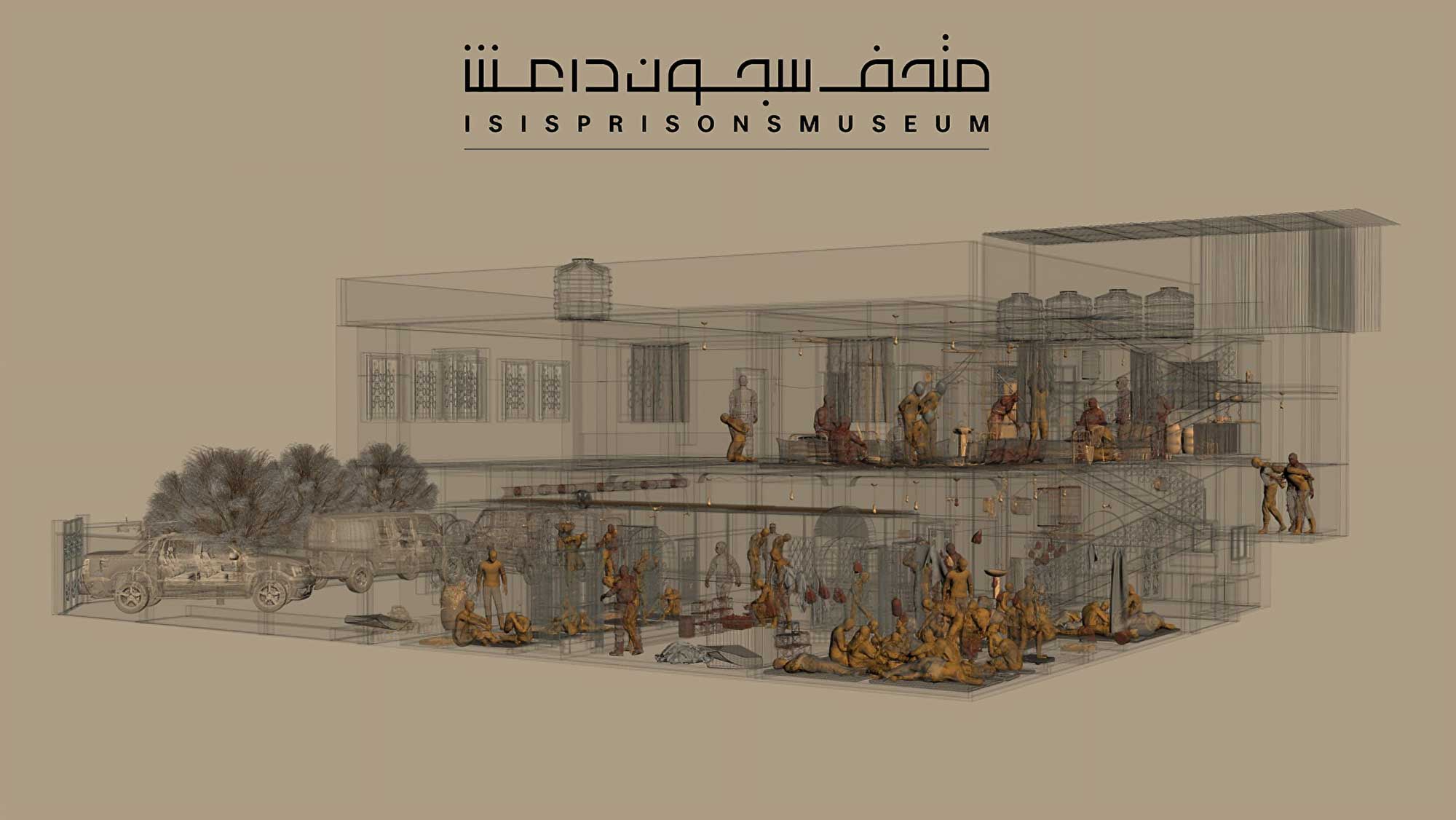Seeking Justice in Post-Assad Syria
An international media collective documents the newly-exposed horrors of Syria's regime prisons.
Welcome to IWPR’s Frontline Update, your go-to source to hear from journalists and local voices at the front lines of conflict.
THE BIG PICTURE
The December 2024 fall of the Assad regime in Syria presented a once-unthinkable opportunity: to uncover the full extent of state violence by accessing the very prisons where it was carried out.
IWPR partner Alshare – an international media collective founded by a Syrian journalist and documentary filmmaker – has long worked to document and memorialise the tens of thousands detained and disappeared in Syria and Iraq.
Since the fall of the regime, over 100 families have contacted them to seek answers about vanished loved ones. Now, an emergency campaign across 15 former detention sites—including some of Syria’s most notorious torture centres – is preserving forensic traces alongside survivor accounts.
VOICES FROM THE FRONTLINE
“By documenting regime-run prisons, we are preserving a central component for justice in Syria given its horrific landscape of detention,” Amer Matar, the head of the documentation effort, said. “Our work reveals how both state and non-state actors operated within a shared system of repression—and ensures that no part of this machinery remains hidden from justice.”
Newly accessed locations, most of which had never been accessible to researchers or families before, include the notorious Saydnaya prison and key intelligence and security sites in Deir ez-Zor, each with their own history of mass abuse.
“This phase is focused strictly on documentation,” Amer continued. “We are capturing what still exists—buildings, conditions, found objects, documents, testimony—so that future truth-telling, legal investigation and memorialisation can take place on solid ground.”
WHY IT MATTERS
Civil society and media play a crucial role in the essential work of documenting conflict, uncovering evidence and bearing witness. Alshare ’s work includes a groundbreaking virtual museum using state-of-the-art digital technology and forensic investigation to record and memorialise Islamic State (IS) atrocities.
With support from IWPR, the project created an immersive archive of the network of prisons run by IS when they controlled swathes of Syria and Iraq between 2014 and 2019.
The evidence collected - which a number of European countries are using it in prosecutions against former IS members - includes a digital archive of over 70,000 documents that are accessible for journalists, researchers and human rights organisations.
THE BOTTOM LINE
As Syria navigates a volatile and uncertain future, IWPR and its partners are laying the groundwork for future truth commissions, justice mechanisms and public remembrance.
The families of Syria’s disappeared are at the centre of all these efforts.
“In collaboration with Alshare, we don’t document suffering—we document resilience,” said Thanaa Jebbi, IWPR’s Syria programme manager. “And Alshare’s field team remains beside the families long after the interview is over."
“When a family member reaches out to Alshare, it’s more than a request for information—it’s an appeal to be seen, to be heard, to know that someone is still fighting to tell their story.”

